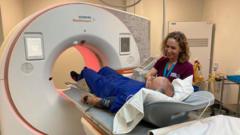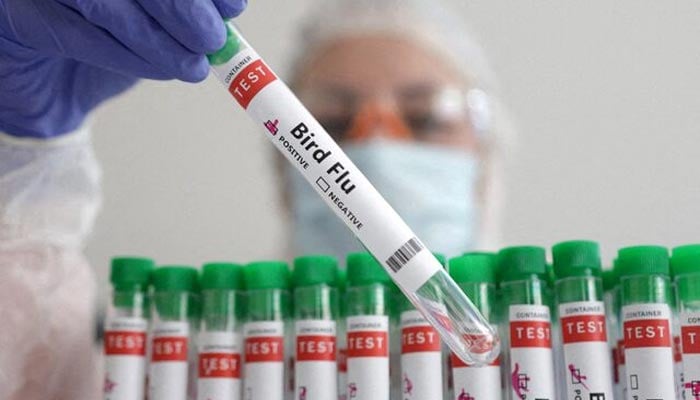Technology that identifies people at risk of a heart attack in the next 10 years has been hailed as "game changing" by scientists. The artificial intelligence (AI) model detects inflammation in the heart that does not show up on CT scans, which involve a combination of X-rays and computer technology. A pilot project, supported by NHS England, is running at five hospital trusts in Oxford, Milton Keynes, Leicester, Liverpool and Wolverhampton.
A decision on its use within the NHS is expected within months. Its developer, Oxford University spinout company Caristo Diagnostics, said it was already working to adapt the technology to prevent strokes and diabetes. "This technology is transformative and game changing because for the first time we can detect the biological processes that are invisible to the human eye, which precede the development of narrowings and blockages [within the heart]," said Prof Keith Channon, from the University of Oxford.
As part of the pilot, patients suffering from chest pain who are referred for a routine CT scan, have their scan analysed by Caristo Diagnostics' CaRi-Heart AI platform. An algorithm, which detects coronary inflammation and plaque, is then assessed by trained operators to verify the accuracy. Research has shown increased inflammation is linked to a higher risk of cardiovascular disease and fatal heart attacks.
The British Heart Foundation (BHF) estimates approximately 7.6 million people are living with heart disease in the UK and the annu.


















